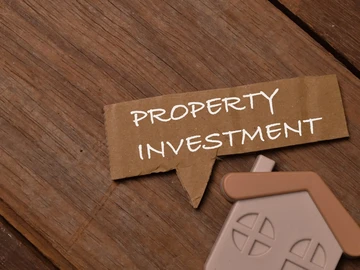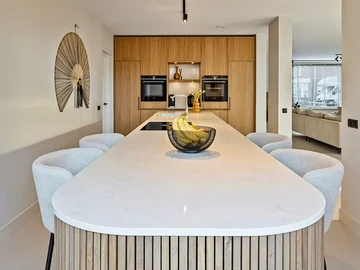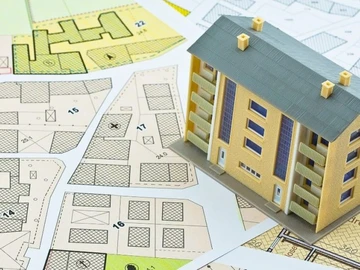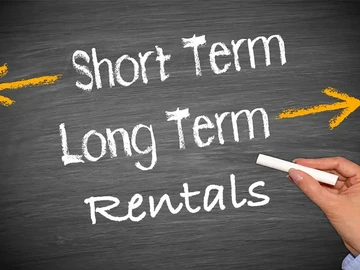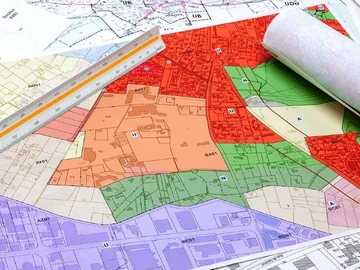Dreaming of owning a home but struggling to qualify for a bank mortgage? You’re not alone. In Zimbabwe, accessing traditional bank loans for property purchases is difficult for many buyers due to strict requirements, high deposit thresholds, and limited lending options.
But here’s the good news: you don’t need a bank loan to buy property.
In this article, we explore the top 5 alternative ways to finance property in Zimbabwe without going through a traditional bank, helping you take that important step toward homeownership.
1. Developer or Private Seller Payment Plans
More real estate developers in Zimbabwe are now offering flexible payment plans to attract buyers who can’t afford a lump sum or don’t qualify for mortgages.
How It Works:
- Buyer pays a deposit (often 20%–50%)
- The balance is paid off in monthly installments over 6 to 36 months
- No need for bank approval
Example: A developer in Ruwa or Norton may offer a 3-bedroom home at US$35,000 with a 30% deposit and 24-month payment plan.
Pros:
- Easier qualification
- Flexible terms
- No interest (in some cases)
Cons:
- Shorter repayment periods
- May include penalties for missed payments
- Usually no title deed until full payment is made
Tip: Always sign a written agreement and involve a registered legal practitioner.
2. Housing Cooperatives
Housing cooperatives offer group-based land ownership and property development, often at below-market rates. Members contribute monthly towards the cost of land, servicing, and construction.
How It Works:
- Join a registered cooperative (e.g., in Budiriro, Caledonia, or Kuwadzana)
- Make monthly contributions toward a stand or housing project
- Receive property rights once fully paid
Pros:
- Affordable monthly payments
- Community support model
- Ideal for low- to middle-income earners
Cons:
- No title deed until regularisation
- Some cooperatives lack transparency or legal standing
- Risk of internal disputes or mismanagement
Did You Know? : Over 200,000 Zimbabweans currently live in homes secured through housing cooperatives, according to the Ministry of National Housing (2023).
3. Rent-to-Own Agreements
This method allows you to rent a property with the option to buy it later, using part of your rental payments to contribute toward the purchase price.
How It Works:
- You sign a lease with a purchase clause
- You pay rent, with a portion going toward the eventual down payment
- You buy the property after an agreed period (usually 2–5 years)
Pros:
- Move in immediately
- Buy at a locked-in price
- No need for upfront deposit
Cons:
- Risk of losing money if you fail to purchase
- Higher monthly payments
- Rare in the Zimbabwean market (but growing)
Tip: Ensure the agreement is notarized and clearly outlines the purchase terms.
4. Diaspora or Family Financing
Many Zimbabweans receive help from relatives in the diaspora or through family pooling arrangements to fund property purchases.
How It Works:
- A family member abroad or in Zimbabwe helps with the deposit or full purchase
- The buyer repays informally or via agreed terms
- In some cases, multiple family members co-invest
Pros:
- Interest-free support
- Easier than bank qualification
- Can fast-track property ownership
Cons:
- Risk of family disputes
- No legal documentation in some cases
- Requires clear communication and trust
Stat: According to World Bank data, Zimbabweans in the diaspora remitted over US$1.8 billion in 2023, much of it going into real estate investment and housing development.
5. Employer-Assisted Housing Schemes
Some large employers especially in mining, manufacturing, education, and government offer staff housing schemes where the employer assists with financing or subsidizing the cost of housing.
How It Works:
- Employer offers land or houses at subsidized prices
- Monthly payments are deducted from salary
- Some include full ownership transfer after a fixed term
Pros:
- Secure and structured
- No upfront deposit required
- Long repayment periods (5–10 years)
Cons:
- Limited to specific employers
- Property may be tied to your employment
- Delays in title deed transfers are common
Tip: Always confirm if the housing scheme offers full ownership and what happens if you leave the company.
Final Thoughts
While traditional mortgages are still out of reach for many Zimbabweans, there are several creative and practical ways to finance property without a bank loan. Whether you’re a young professional in Harare, a returnee from the diaspora, or a family building your first home, these alternatives can help you get on the property ladder.
- Always consult legal professionals
- Verify the legitimacy of the seller or scheme
- Choose the financing model that aligns with your budget and timeline
To explore affordable property listings from trusted agents, developers, and sellers, visit Property.co.zw Zimbabwe’s leading property marketp
 Continue with Facebook
Continue with Facebook
 Continue with Email
Continue with Email





